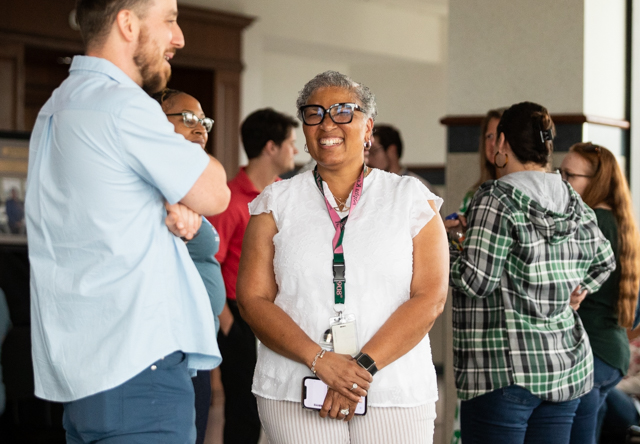County making transition to ‘wet’ status
Published 6:00 pm Saturday, November 10, 2018
Tuesday’s overwhelming victory for “wet” forces was just what some Warren County retailers and event venues have been waiting for. Now they have a bit more waiting to do.
Although the Election Day 3-1 margin for legalizing alcohol sales countywide was the result many rural stores and wedding venues had worked for since August, they aren’t yet popping champagne corks.
Trending
Warren County Attorney Amy Milliken explained that local option elections to legalize alcohol sales take effect 60 days after the county judge-executive files the result in his order book.
Judge-Executive Mike Buchanon did that the day after the election, so retailers can look forward to applying to the state’s Alcoholic Beverage Control Board for licenses shortly after New Year’s Day.
But there are questions to be answered between now and then. Since Warren County was a “moist” county that contained the wet city of Bowling Green, the number of new licenses to be allocated is still to be determined.
“We know the number of licenses for our area, city and county, will go up,” Buchanon said. “We are working with the ABC Board to get those numbers. We are working on a required ordinance now.”
Buchanon said he hopes to meet with ABC officials in Frankfort this week to get some answers.
The one certainty is that Warren County has now joined an unmistakable trend toward counties legalizing alcohol sales. Since 2016, nearby counties Barren, Adair, Metcalfe and Russell have gone wet.
Trending
The experience of one of those counties gives some insight into what Warren County can expect. Adair County voted to go wet in 2016, and that county’s ABC director said the result has been rapid growth in retailers getting “non-quota” licenses to sell packaged beer in stores and some licenses for liquor stores that are limited by the ABC Board’s quota formula.
“A lot of grocery stores, gas stations and country stores have started selling beer with licenses that have no quota,” Shannon Sexton said. “There is a quota on package liquor stores, based on population. We were allowed eight. The state will accept applications and make the decision if you have more applications than the quota.”
Sexton said going wet has been a positive move for Adair County.
“We’ve been able to keep Adair County dollars in Adair County,” she said. “We’ve created some jobs and generated some tax revenue.”
Warren County retailers like Plano Store owner Terry Jones see potential for a similar positive impact in his county.
“It definitely opens some doors for us and can help our business grow,” Jones said. “The last couple of days all we’ve heard from our customers is how happy they are that they’re finally going to have the right to buy beer here instead of driving into Bowling Green.”
Despite that optimism, Jones said he still needs to do some homework before pursuing a license to sell alcohol.
“I have to find out more about it,” he said. “We have no plans at this time.”
Likewise, Rich Pond Market & Deli co-owner Harold Huntsman Jr. says he is taking a cautious approach.
“We were in support of it (the wet vote),” Huntsman said. “It’s something that has great potential. We do quite a bit of catering, and that’s after-hours. I do see an advantage in being able to sell alcohol, but it’s something we’ll take our time with. It’s a whole new thing for us.”
One of the leaders of the Warren Countians for Economic Growth group that led the effort to get the wet-dry vote on the ballot is just glad to see her county now on an equal footing with its neighbors.
“It will give small businesses in the county the same chance as businesses in the city or in surrounding counties,” said Angie Mosley of the Highland Stables event venue.







